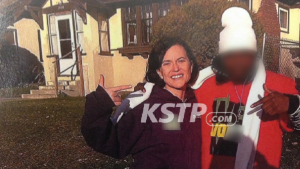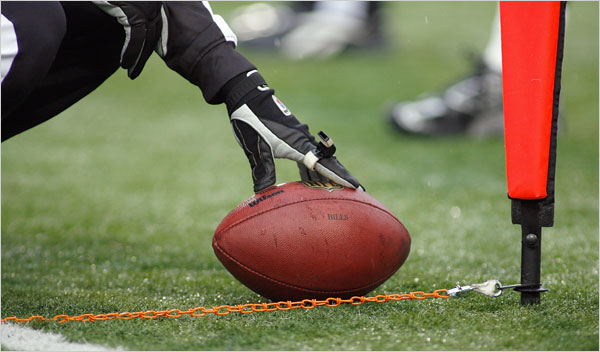 I was having lunch the other day, facing a salad bar, and it occurred to me that here we have a wonderful example of what it means to study signification. Continue reading “Wax On, Wax Off”
I was having lunch the other day, facing a salad bar, and it occurred to me that here we have a wonderful example of what it means to study signification. Continue reading “Wax On, Wax Off”
What Gang Do You Claim?
 In December of 2013, Russell McCutcheon penned a blog piece about the sign language interpreter at Nelson Mandela’s memorial service who was caught signing what many regarded as gibberish. McCutcheon’s post made two principle points: First, all signs are arbitrary and rely on agreed upon codes, policing and assumptions between those doing the communicating for any communication or “meaning” to be enacted. Second, the backlash faced by the interpreter demonstrates that “just because something is made up… does not mean that it doesn’t have consequences, doesn’t have effect.”
In December of 2013, Russell McCutcheon penned a blog piece about the sign language interpreter at Nelson Mandela’s memorial service who was caught signing what many regarded as gibberish. McCutcheon’s post made two principle points: First, all signs are arbitrary and rely on agreed upon codes, policing and assumptions between those doing the communicating for any communication or “meaning” to be enacted. Second, the backlash faced by the interpreter demonstrates that “just because something is made up… does not mean that it doesn’t have consequences, doesn’t have effect.”
If you haven’t heard, a few days ago Minneapolis mayor Betsy Hodges claimed her allegiance to a local area gang. Or so an intensely politically problematic and pedagogically potent news report from KSTP 5 Eyewitness News (out of Saint Paul, MN) declared. Continue reading “What Gang Do You Claim?”
“Smile for the Camera”
 I was browsing through the late Raymond Williams’s Marxism and Literature (1977) the other day and came across a passage in the chapter entitled “Signs and Notations” that read as follows:
I was browsing through the late Raymond Williams’s Marxism and Literature (1977) the other day and came across a passage in the chapter entitled “Signs and Notations” that read as follows:
For the ‘sign’ is ‘arbitrary’ only from the position of conscious or unconscious alienation. Its apparent arbitrariness is a form of social distance, itself a form of relationship…. The formal quality of words as ‘signs,’ which was correctly perceived, was rendered as ‘arbitrary’ by a privileged withdrawal from the lived and living relationships which, within any native language … make all formal meanings significant and substantial, in a world of reciprocal reference which moves, as it must, beyond the signs.
There’s a few important points here, I think, worth mulling over — perhaps with regard to the garment workers in the above photo. Continue reading ““Smile for the Camera””
It’s All a Game of Inches
 It’s always fascinated me how carefully the referees measure a close first down in American football. “It’s a game of inches,” they say, since inches matter when you’ve advanced almost ten yards, but not quite. But that’s not the best part. Continue reading “It’s All a Game of Inches”
It’s always fascinated me how carefully the referees measure a close first down in American football. “It’s a game of inches,” they say, since inches matter when you’ve advanced almost ten yards, but not quite. But that’s not the best part. Continue reading “It’s All a Game of Inches”
